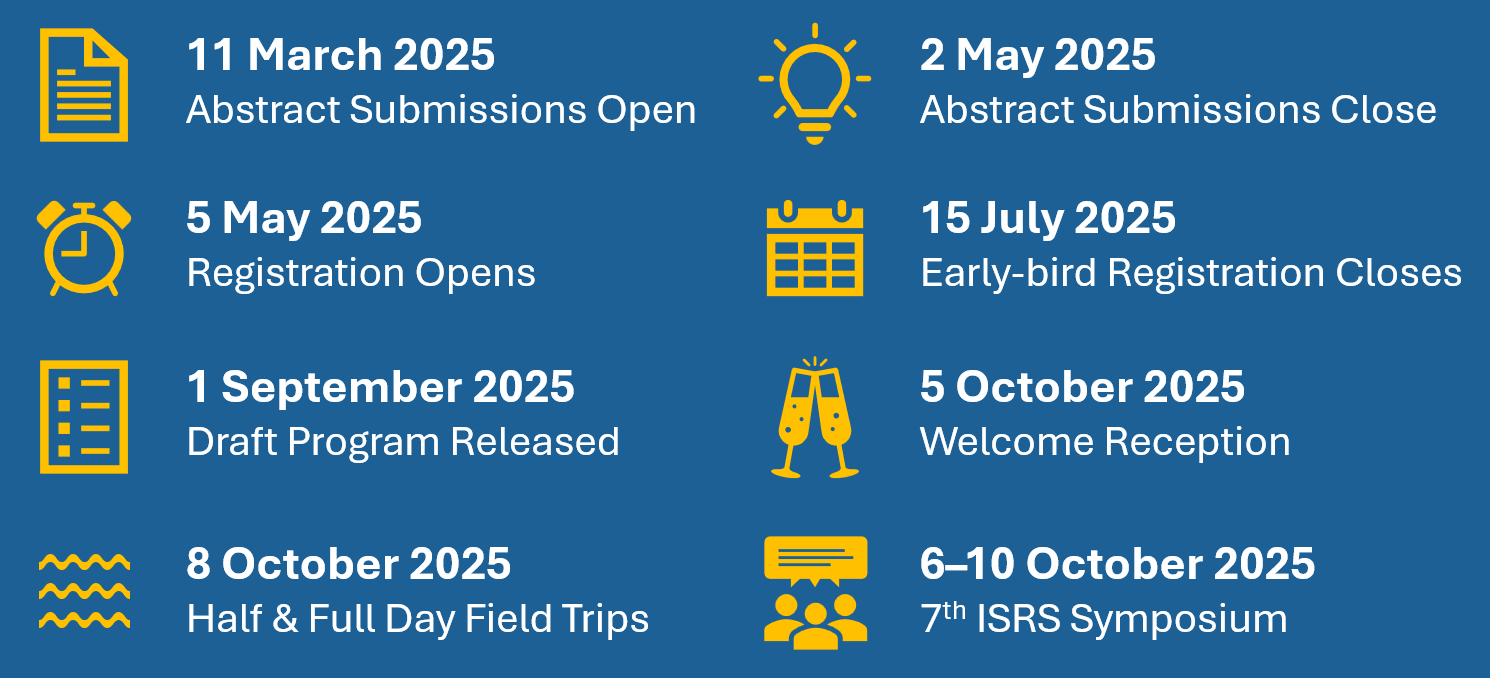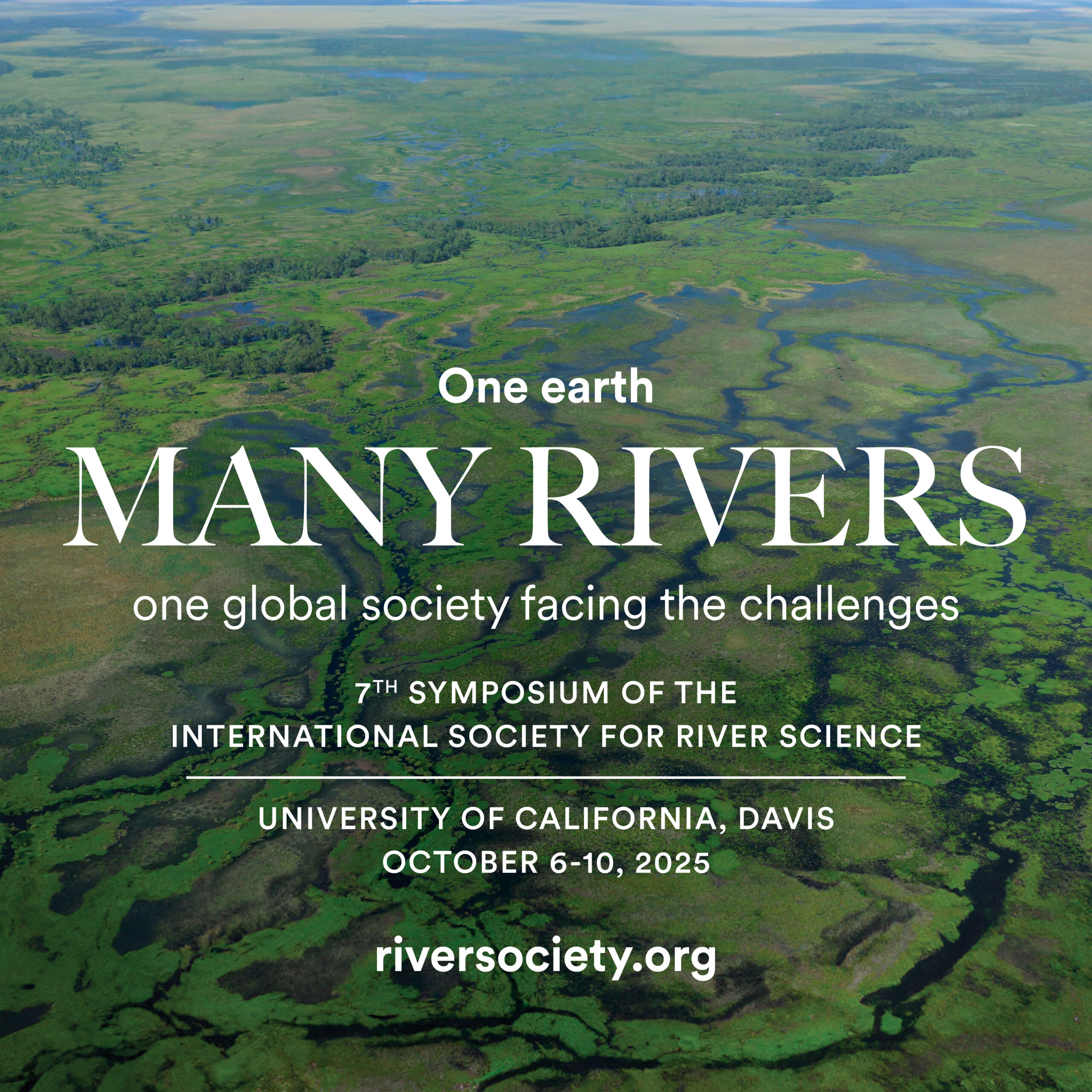
Welcome to ISRS 2025:
One Earth, Many Rivers
The 7th International Symposium on River Science will be held from 6-10 October 2025, hosted by the Center for Watershed Sciences, at the University of California, Davis.
This is the first opportunity for the global ISRS community to meet since 2019, and for river scientists and practitioners to reconnect and share ideas and experiences. The symposium provides a unique platform for bringing together researchers and practitioners from across the world, and to foster collaboration, sharing ideas, and experiences that can advance the field of river science and management. The Symposium will focus will on themes that incorporate research from across ecology, geomorphology, hydrology, biogeochemistry, social sciences, first nations science, environmental engineering, river management and policy.
Important Dates

Symposia Themes



Organizing Committee
Conference organizing committee
| Dr Sarah Yarnell Center for Watershed Sciences University of California, Davis, USA |  | Professor Fiona Dyer Centre for Applied Water Science University of Canberra, Australia |  |
| Professor Martin Thoms Riverine Landscapes Research Laboratory University of New England, Armidale, Australia |  | Associate Professor Melissa Parsons Department of Geography and Planning University of New England, Armidale, Australia |  |
Latest News
- Call for Abstracts OpenThe Abstract Submission Portal for both poster and oral presentations is now open. The organizing committee of ISRS 2025 welcomes general oral submissions and posters.… Read more: Call for Abstracts Open
- *CLOSED* Special Session ProposalsThe organising committee for the 7th International Symposium on River Science are now calling for proposals for special sessions. Special sessions organise a group of… Read more: *CLOSED* Special Session Proposals
- 7th International Symposium for River Science 2025We are excited to announce that the International Society for River Science (ISRS) will be holding the7th International Symposium on River Science at the University… Read more: 7th International Symposium for River Science 2025
